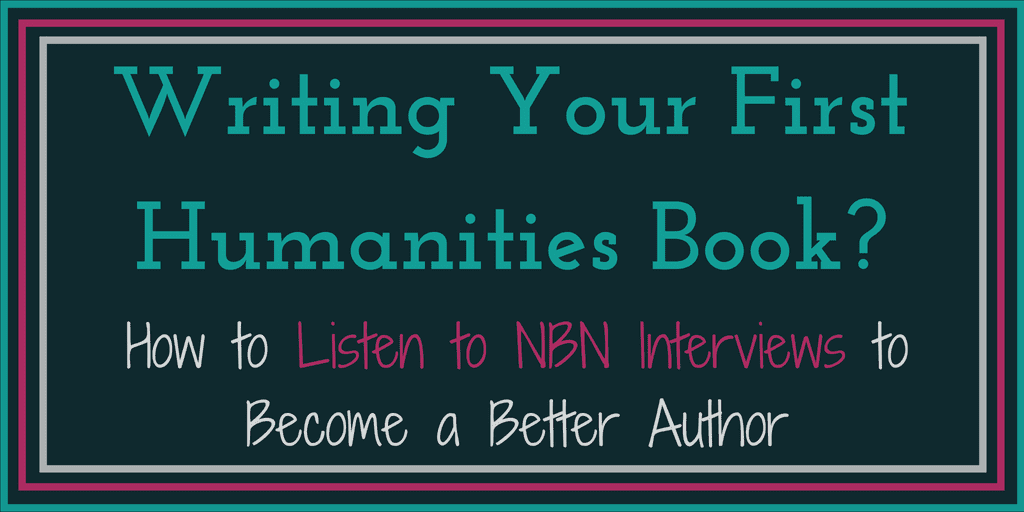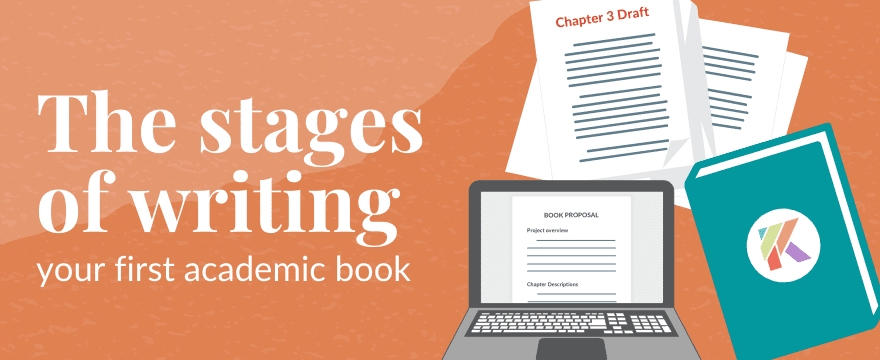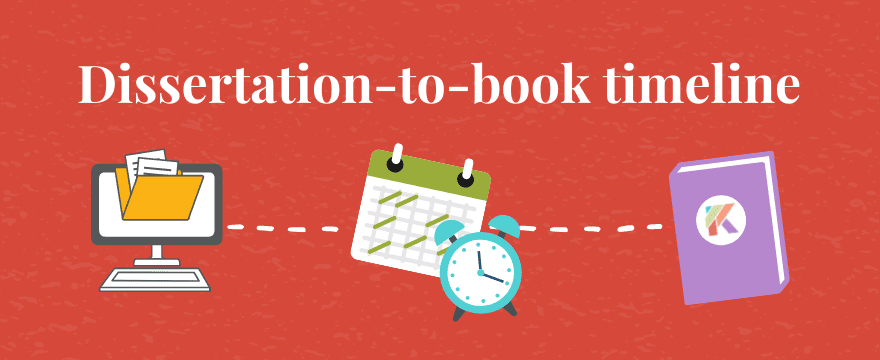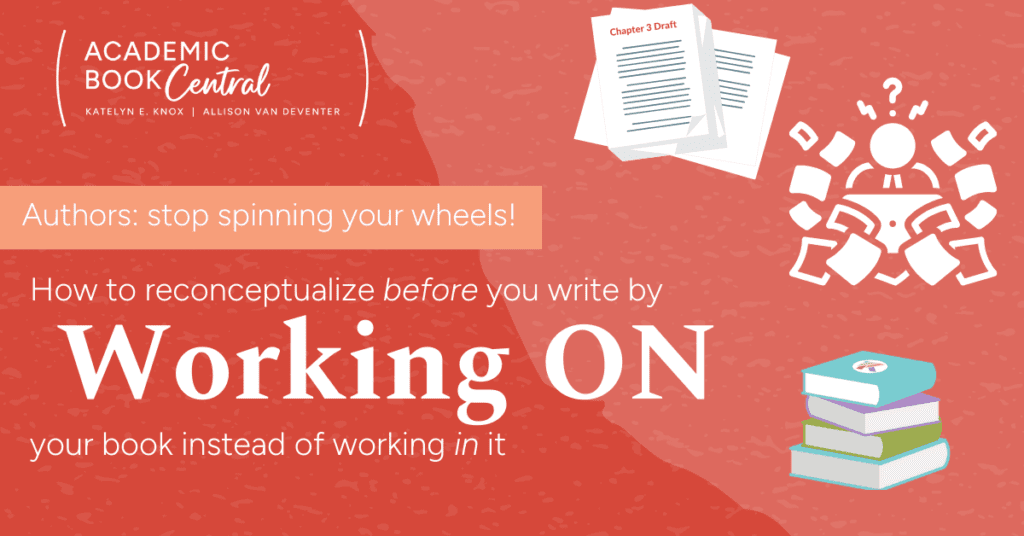I’ve been listening to interviews on the New Books Network—a podcast with specific channels in practically every discipline (French, Literary Studies, Philosophy, History, Popular Culture, etc.)–since before my first book was published.
I’ve long thought that listening to them was one of my secret weapons for writing my book and getting it published.
You see, I didn’t just listen to them for the content. Rather, I also listened to them to learn what successful book authors did. How did they talk about their projects? Why did they structure their books the way they did?
Listening to New Books Network interviews can be an invaluable source of information for authors who are writing their first humanities book, if you know how to listen.
Below, I share this secret weapon with you. I tell you what you should listen for and how you can apply it what you learn to strengthen your own book, your proposal, and conversations with editors.
If you’re a first-time academic book author, you’ll want to start listening in these deliberate ways well before you are done writing your book.
Listen For #1: What Book Authors Say about Their Book and Its Chapters
You will likely be shocked at the broad view the authors take on their book, even when talking to scholars in their discipline. First-time book authors often forget how specialized their knowledge is because writing humanities books can take months and years. They assume that specialists in their discipline have much more intimate knowledge of their topics. But this can be a mistake.
Notice, too, though, how quickly and efficiently the authors get their listener up to the minimum level of knowledge needed to understand their own argument and intervention.
Additionally, this higher-level view on their book means that authors necessarily prioritize their voice in the interviews. They might reference a handful of other scholars or theorists or give a few plot points of a book they’re analyzing, but you’ll notice that they spend most of their time just saying what they have to say about their topic. First-time book authors, by contrast, frequently struggle to prioritize their own voice. So, listen for models of how to do so.
(We also show you exactly how to frame your book’s and chapters’ takeaways, sound more confident, and make your book sound much more book-like in The Dissertation-to-Book Workbook, Chapters 3-5, 9-10, and 16, respectively. In fact, one author who used the workbook, said:
Before completing these exercises, I did not feel very confident about my book project. I intuitively sensed that it continued to be a collection of thematically-connected but disparate chapters that didn’t quite come together into one bigger, coherent whole. And I had a hard time truly articulating how the book was different from the dissertation on which it was based. Each time I uttered the phrase “my book project,” I felt like I was bluffing.
All of this changed after I finished the workbook exercises. After completing the workbook exercises, I was able to draft and submit a book proposal to an academic press within a month (more like three weeks), and it has now been sent out for peer review. Suffice it to say that I had been spinning my wheels doing furtive work on “turning the diss into a book” without much forward momentum for much, much longer than a month.
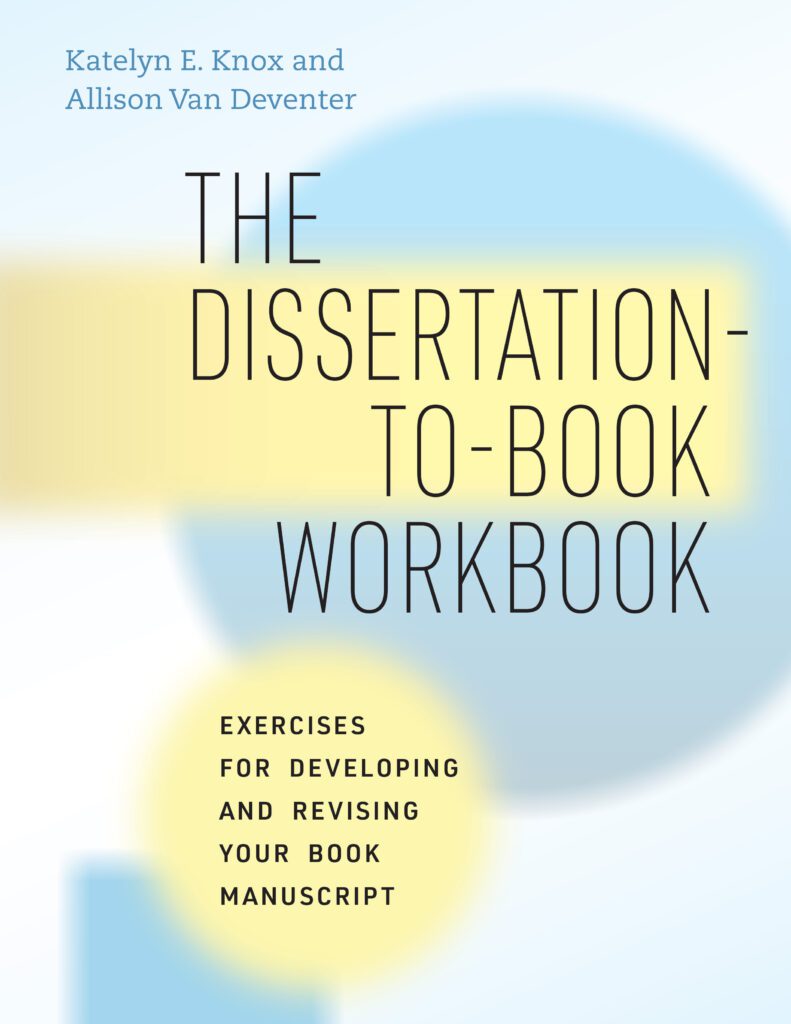
Apply what you learn about how authors present their book’s contents to your first humanities book
While your book should not be written as broadly as the New Book Network podcast episodes, of course, use what you learn to question your assumptions about your ideal reader’s familiarity with the material you present. Will they have really read the entire corpus you analyze? How familiar will they be with all the events you describe?
Practice quickly summarizing novels, explaining trends in your field, and giving background information. As Eric Hayot says, “submerge your iceberg“!
Finally, answering similar questions about your own academic book in these ways can help you prioritize your own voice compared to that of other scholars’. What do you (and not others) have to say about the topic? Frequently, authors writing their first humanities book subsume their voice to those of other scholars.
These skills will not only serve you in writing a stronger academic book, but also in the way you present it in your book proposal and conversations with colleagues and editors.
Prioritizing your voice and making your book sound more book-like takes a lot less time than authors usually think. See Chapter 16 in The Dissertation-to-Book Workbook.
Listen For #2: How Book Authors Make Their Points Memorable
When you’re listening, notice how often book authors give a very specific example to answer a fairly broad question. Note, too, moments when they tell stories as part of their answer. Think about how they set these scenes up in service of their larger points.
After the interview, try to recall its most compelling moments. (If you want to take this exercise further, you can try to think back to an interview you heard a few days later). I bet what comes to mind most quickly are stories and poignant examples.
Apply what you learn about how book authors make their points memorable to your own first humanities book
Examples can make complex and abstract topics much more concrete and memorable for your reader or interlocutor. Similarly, well-timed, concise, yet impactful stories, anecdotes, or scenes can make the point “come to life.” Generally speaking, stories tend to resonate much deeper and stay longer with your reader.
So, when reviewing especially dense parts of your prose, ask: is there a way to make this concrete for my reader? To open books or chapters, ask: is there a way I can connect this to a story, or concrete scene?
These skills, too, are crucial in a shorter format like an academic book proposal and especially essential in face-to-face conversations with editors.
Listen For #3: What Book Authors Say about Their Book’s Evolution
Especially if you are writing your first humanities book, the process of structuring a coherent monograph is still hypothetical for you. I have noticed that first-time humanities book authors rarely realize that there are 7203 different ways their book could engage their main topic.
Much of the humanities book writing process, then, is about choosing one “path” for your book’s intellectual journey. Doing so necessarily means eliminating options–a painful moment for any scholar.
But published humanities books bear no traces of the paths not taken.
Fairly frequently, authors interviewed on the New Books Network will reveal the forms their book could have taken, but didn’t. Here, listen for clues like:
- What did they think the book would be before they wrote it? How did this initial image change over the course of writing the book?
- Why did they choose the ultimate corpus and structure they did? What criteria did their decision-making process include?
- What options did they consider but ultimately reject? Why did they do so?
- How do they justify what did make it in to the book? What criteria did they use to decide?
Interesting Examples of the Paths Not Taken
- Peter Sahlins, 1668: The Year of the Animal in France (~9 minutes). How 1668 became an organizing principle of the book, even though he had not initially expected its importance. We show you exactly how to do this in Chapter 2 of The Dissertation-to-Book Workbook.
- Karmen MacKendrick, The Matter of Voice (35:20-38 minutes). She talks about how she struggled with the book’s organization. Ultimately, she describes how each chapter adds additional dimensions to what came before. We show you exactly how to do this for your own book in Chapters 6-8 of The Dissertation-to-Book Workbook. Check them out if you’ve ever heard the phrase “narrative arc” but never understood how it would apply to an academic book.
- Ana Marcia Ochoa Gautier, Aurality: Listening and Knowledge in Nineteenth Century Colombia (up to 6 min, then again around 25 min). She described how the project was initially much broader than she anticipated. For exercises to assess this dimension of your own book, see Chapter 1 of The Dissertation-to-Book Workbook.
Apply what you learn about their book’s evolution to writing your humanities book
Applying what you learn in this area is least visible in your book’s prose. And yet it impacts your book significantly.
No academic book can do it all. When writing humanities books, we need to make tough choices along the way (how to structure it, what corpus to include, what to exclude, and how to order our material). For authors writing their first humanities book, especially, these choices (such as cutting your book into two books) can be paralyzing. Our tendency is to hold on to material because cutting it feels like a loss.
We show you exactly how to make these difficult decisions in The Dissertation-to-Book Workbook.
